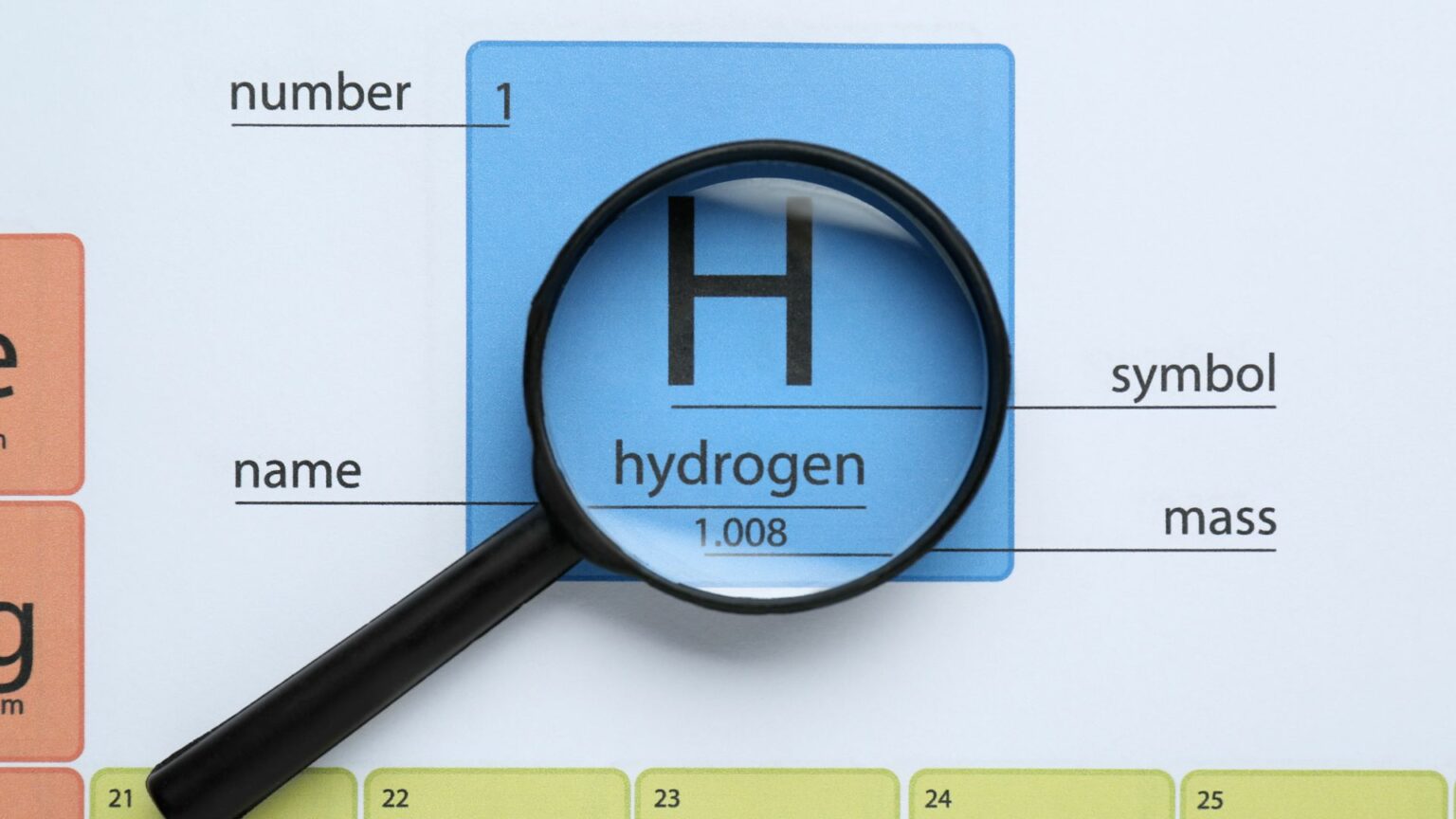A flagship clean-hydrogen venture in the Pacific Northwest is faltering after Portland General Electric (PGE) and Mitsubishi Power withdrew support for a $1 billion production facility planned near Boardman, Oregon.
The Boardman complex, part of the Pacific Northwest Hydrogen Hub (PNWH2), was conceived as a cornerstone of a $7 billion national effort to build a network of Regional Clean Hydrogen Hubs. Announced in 2023 by the Biden administration, the program aimed to catalyze domestic hydrogen supply using renewable-powered electrolysis while delivering thousands of jobs. PNWH2 was slated to receive roughly $1 billion over 8–12 years, with $27.5 million disbursed so far.
The Boardman facility was expected to employ more than 10,000 people during construction and create 350 permanent positions on the site of PGE’s retired coal plant. Plans included piping hydrogen to an Air Liquide liquefaction terminal at the nearby Port of Morrow for distribution across Oregon and Washington.
PGE spokesperson Drew Hanson cited “challenging project economics for utility customers” and “federal policy changes” as reasons for halting development, noting the exit of a “key partner” in June. Mitsubishi Power, which had been tapped to supply electrolyzers and engineering support, also stepped back quietly, according to the Washington State Standard.
The retreat coincides with a more skeptical federal stance toward clean-energy grants. DOE officials under the current administration have pledged to scrutinize projects funded during the Biden era, arguing against “bridges to nowhere.” That scrutiny has cast uncertainty over future disbursements, even as lawmakers argue the department is obligated to honor appropriations made by Congress.
PNWH2 has already weathered other disruptions. Fortescue canceled a hydrogen plant in Centralia, Washington, last year, while founding partner First Mode declared bankruptcy. Globally, Shell, BP, and Airbus have slowed or restructured hydrogen plans as supply costs remain stubbornly high and offtake contracts scarce.
Still, two major PNWH2 initiatives remain on track. Atlas Agro intends to build a $1.5 billion ammonia and fertilizer plant near Richland, Washington, using green hydrogen, while AltaGas is preparing to repurpose a shuttered aluminum smelter in Ferndale, Washington, for hydrogen production.
Oregon senators Ron Wyden and Jeff Merkley, along with other Democrats, have urged DOE Secretary Chris Wright to safeguard appropriated funds, warning that withdrawing support undermines legally mandated programs.
For now, PNWH2 leaders insist the hub remains viable despite early turbulence, describing partner attrition as typical in an emerging sector.
Stay updated on the latest in energy! Follow us on LinkedIn, Facebook, and X for real-time news and insights. Don’t miss out on exclusive interviews and webinars—subscribe to our YouTube channel today! Join our community and be part of the conversation shaping the future of energy.
